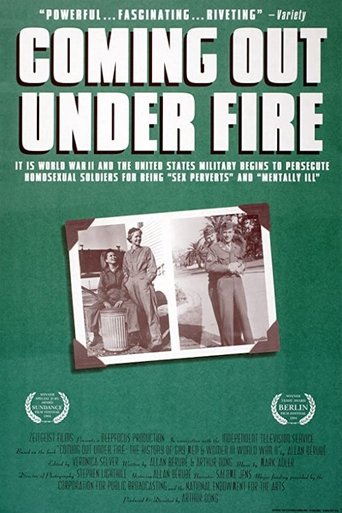
01 Mar 1994

Coming Out Under Fire
A historical account of military policy regarding homosexuality during World War II. The documentary includes interviews with several homosexual WWII veterans.
A story of how the Nazis and the IOC turned a small sports event into the modern Olympics.
The film chronicles the story of how the Nazis and the IOC turned, to their mutual benefit, a small sports event into the modern Olympics. The grand themes and controversial issues from the 1936 Games have continued to this day: Monumentality, budget overruns, collusion with authoritarian regimes, corruption and sometimes even bribery.

01 Mar 1994

A historical account of military policy regarding homosexuality during World War II. The documentary includes interviews with several homosexual WWII veterans.

01 Apr 2022

Five-time Olympic medalist and Native Hawaiian Duke Paoa Kahinu Mokoe Hulikohola Kahanamoku shattered records and brought surfing to the world while overcoming a lifetime of personal challenges. Waterman explores his journey and legacy as a legendary swimmer, trailblazer, and the undisputed father of modern-day surfing, following the sport’s first-time inclusion in this year’s Summer Olympics – a fitting tribute to his work promoting the sport around the globe.
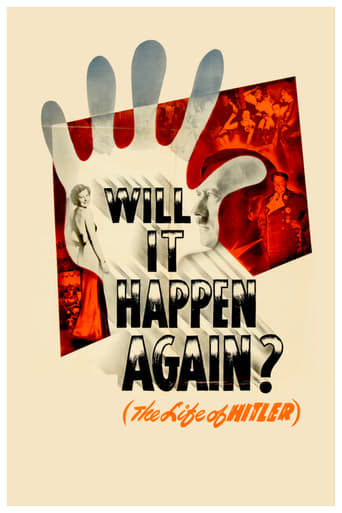
15 May 1948

An account of Adolf Hitler's rise and fall, his relationship with Eva Braun and their days of leisure at the Berghof, their Bavarian residence.
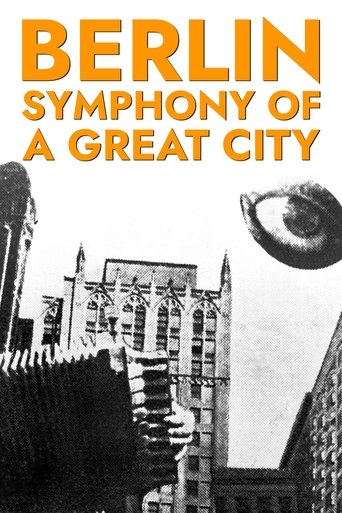
23 Sep 1927

A day in the city of Berlin, which experienced an industrial boom in the 1920s, and still provides an insight into the living and working conditions at that time. Germany had just recovered a little from the worst consequences of the First World War, the great economic crisis was still a few years away and Hitler was not yet an issue at the time.
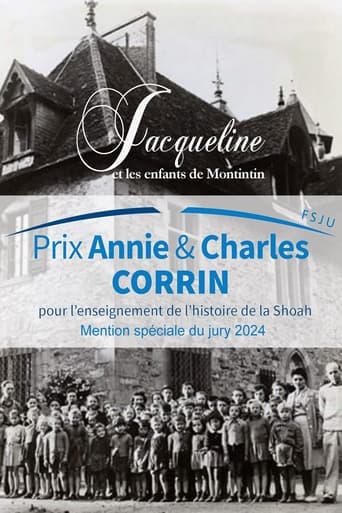
22 Dec 2023

No overview found

27 Apr 1959

Filmmaker Alain Resnais documents the atrocities behind the walls of Hitler's concentration camps.
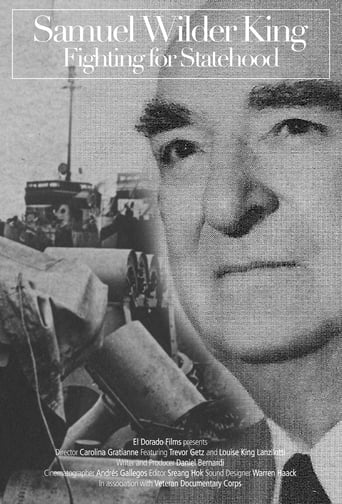
01 Dec 2018

Samuel Wilder King, a descendant of Scottish sailors and Hawaiian royalty, served as a distinguished Naval officer in both World Wars before becoming Governor of the Hawaii Territory. This short film delves into King’s fearless leadership—from navigating the high seas during WWI to fighting against the internment of Japanese Americans in Hawaii during WWII—ultimately championing Hawaii's path to statehood as the 50th star on the American flag.
06 Dec 2013
The 2014 Winter Olympics in Sochi, Russia will be the first ever to be held in a subtropical resort. The most expensive games ever break all records when it comes to corruption and megalomania. Putin's administration has everyone at its beck and call, from oligarchs down to the ordinary people who have to pay the Olympic bill. Both the powerful and the weak speak out in this investigative documentary, which unveils the hidden story behind Putin's games. Government critic Garry Kasparov says that Putin's Olympic propaganda is really all about speeding up the privatization of land in Sochi. Many inhabitants have had to make way for hotels, ski jumps and a large harbor, which were subsequently swept away by storms and landslides – the Olympic village was built on a swamp in the hottest region of Russia. To a large extent, the story of these environmentally unfriendly Olympic Games is one of threats and enormous misappropriations of money.
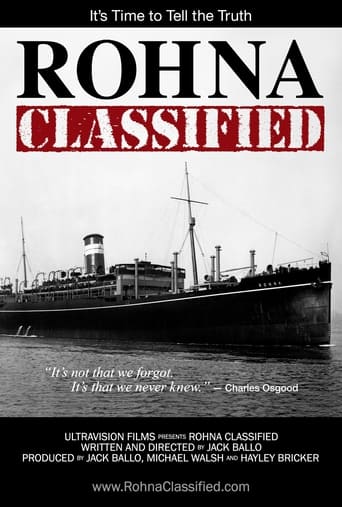
25 Nov 2023

2,000 US soldiers board a British transport ship without any idea that the lifeboats are rusted so badly that they could never be launched. They’re issued lifebelts that need to be inflated instead of standard Naval life jackets. The following day the ship is sunk by one of the first radio-guided missiles ever used in war, killing 1157 soldiers and crew in what remains the greatest loss of life at sea due to enemy action in the history of US war. The government deflected responsibility for the large loss of life by declaring the attack classified indefinitely and ordering all survivors to remain silent.
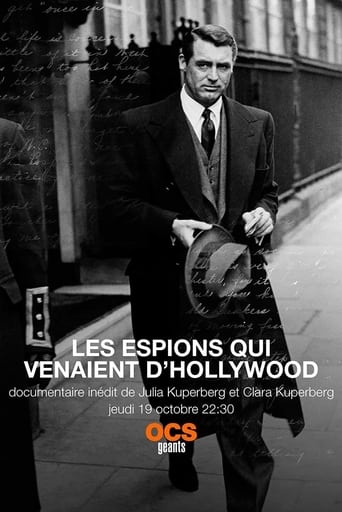
19 Oct 2017

During the 1930s anti-Semitism was rampant not only in Germany but also in America. There was a German American Bund and pro-Nazi rallies even filled Madison Square Gardens in New York City. And the US was isolationist. Until Pearl Harbor, then, everything changed. Spymasters throughout the 20th century, and particularly during times of conflict, thought it advantageous to enlist the services of celebrities who had high level and powerful "fans" in various industries, many with easy access to politicians and high ranking government officials. Hollywood, as we now know from declassified National Archive documents, aided in the mobilization for war and its people contributed as spies, combatants, propagandists, documentary and fund-raisers, entertainers, and morale-boosters. Hundreds of celebrities eagerly answered the "call to arms" and brought their talents and patriotism to the intelligence services, military and war information offices.
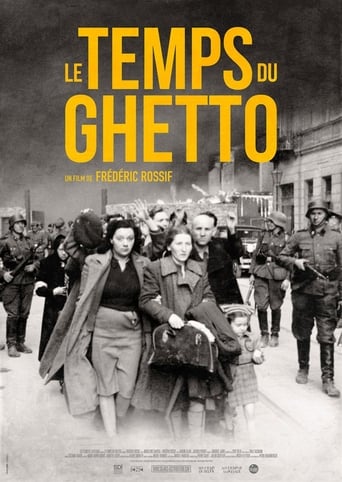
22 Nov 1961

This film brings to life a vanished world: that of the Warsaw Ghetto, destroyed by the Nazis after the 1944 uprising. Two authentic "reconstruction" sources have been used to this end: photographic and cinematographic documents recorded at the time and discovered in Poland, East Germany, Israel and France; and the oral testimonies of 44 survivors, invited to evoke their personal tragedy in front of the images put before their eyes.
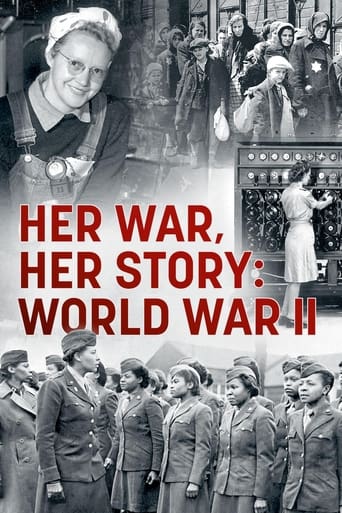
01 Nov 2022

Explore the stories of women caught up in World War II, from the American Home Front to Auschwitz Concentration Camp in Poland. Included in this hour-long film are also the personal stories of the incredible women who served in a war that proved women were equal to men when it came to patriotism, service, or in some cases, self-preservation during watershed moments which called for steadfastness.

21 Apr 1938

Commissioned to make a propaganda film about the 1936 Olympic Games in Germany, director Leni Riefenstahl created a celebration of the human form. This first half of her two-part film opens with a renowned introduction that compares modern Olympians to classical Greek heroes, then goes on to provide thrilling in-the-moment coverage of some of the games' most celebrated moments, including African-American athlete Jesse Owens winning a then-unprecedented four gold medals.

02 Jun 1938

Commissioned to make a propaganda film about the 1936 Olympic Games in Germany, director Leni Riefenstahl created a celebration of the human form. Where the two-part epic's first half, Festival of the Nations, focused on the international aspects of the 1936 Olympic Games held in Berlin, part two, The Festival of Beauty, concentrates on individual athletes such as equestrians, gymnasts, and swimmers, climaxing with American Glenn Morris' performance in the decathalon and the games' majestic closing ceremonies.
31 Dec 1975
One of the five-part documentary series by Belarusian writer and director Viktor Dashuk, which recounts the horrors experienced by the Belarusian people during World War II, through firsthand accounts of survivors and newsreel footage.

20 Dec 2019

At the end of the Cold War, something new arised that should influence an entire generation and express their attitude to life. It started with an idea in the underground subculture of Berlin shortly before the fall of the Wall. With the motto "Peace, Joy, Pancakes", Club DJ Dr. Motte and companions launched the first Love Parade. A procession registered as political demonstration with only 150 colorfully dressed people dancing to house and techno. What started out small developed over the years into the largest party on the planet with visitors from all over the world. In 1999, 1.5 million people took part. With the help of interviews with important organizers and contemporary witnesses, the documentary reflects the history of the Love Parade, but also illuminates the dark side of how commerce and money business increasingly destroyed the real spirit, long before the emigration to other cities and the Love Parade disaster of Duisburg in 2010, which caused an era to end in deep grief.
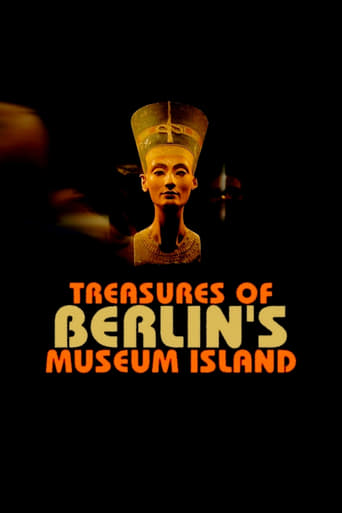
17 May 2018

Berlin’s Museum Island, the cultural center of the German capital on the Spree river, houses a large number of art pieces from all over the globe, from the Stone Age to the present day. A walk through their great institutions to marvel at their masterpieces.
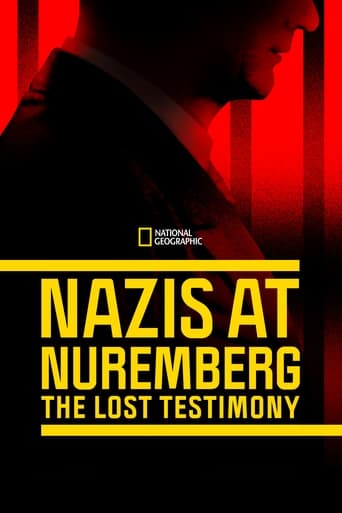
05 Dec 2022

Never-before-heard trial testimony reveals shocking new details about World War II and the inner workings of the Nazi war machine.
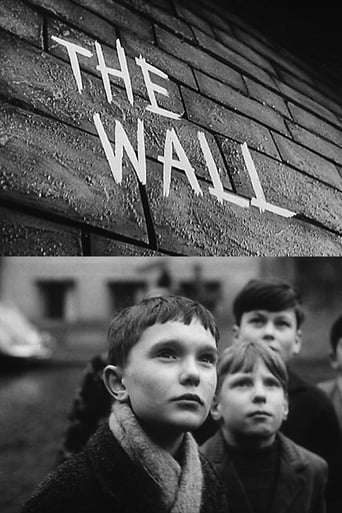
08 Nov 1962

Like the best USIA films, The Wall distills political events into an emotionally clear and compelling ideological "story". In 1962 Walter de Hoog gathered footage from U.S. and German newsreel sources and crafted this taut short film about the first year of the Berlin Wall. Straightforward, keenly balanced narration portrays Berliners as "accepting the wall but never resigned to it". The extraordinary footage of the first escapes was propaganda enough-- His challenge was to make the politics human.
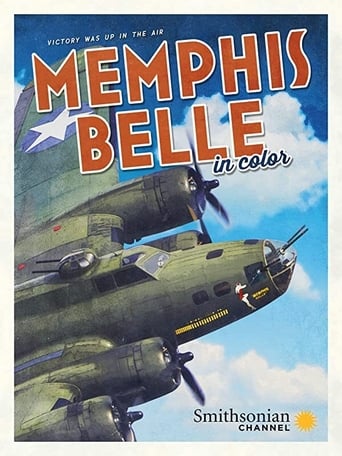
01 Jan 2019

In January 1942, the U.S. military created a new bomber command, the Eighth Air Force, and sent a small contingent of men overseas to loosen the Nazis' grip on Europe. The command's star player was the B-17, a fast, heavily armed aircraft that changed the course of World War II. Witness them take on the mighty German Luftwaffe over enemy skies. Discover the story of how one B-17--the Memphis Belle--and its crew lifted the spirits of a nation and became a symbol of American prowess in defense of freedom.